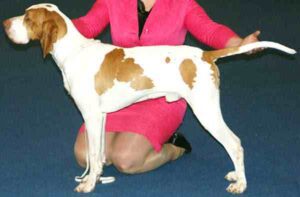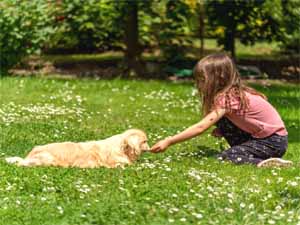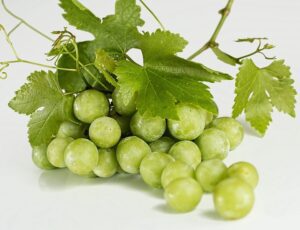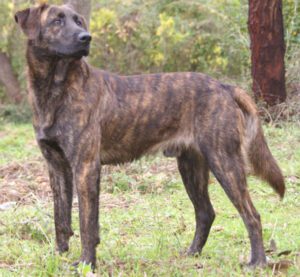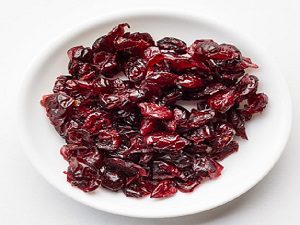The Barbet dog is a beautiful and medium-sized breed of dog. The name comes from the French word barbe, which means ‘beard’. The breed is also called as ‘French Water Dog‘.
The breed is an integral part of dog history, and many familiar breeds have Barbet in their ancestry. Depending on geography and necessity, the barbet connected through the centuries in various capacities, and as a companion dog, but more as an all-around working dog. The term barbet became throughout centuries a “generic” name for a dog with a long, curly, woolly coat.[1]
The Barbet dogs are best known for being a waterfowl retriever in the marshes, wetlands, and estuaries of France. This is where the expression “muddy as a barbet” came from in the 19th century.
The same dog was known as the barbet in France, between the late 18th to early 19th centuries, the barbone in Italy, and the Pudel in Germany, for almost a hundred years the barbets and poodles were considered the same breed.
The Barbet dog breed is listed in Group 8 by the Société Centrale Canine, the French Kennel Club and the Fédération Cynologique Internationale (International Canine Federation).
Barbet Dog Characteristics
The Barbet dog is a beautiful breed of dog. It is a prototypic water dog, with a long, woolly and curly coat. Their coats grow long and must be groomed regularly, otherwise the coat can become matted and the barbet may lose small tufts of hair like tumbleweeds.
The accepted colors of the breed are solid black, brown, fawn, grey, pale fawn, white, or more or less pied. All shades of red-fawn and pale fawn are permitted. The shade should, preferably, be the same as the color of the body. The most common colors are black or brown with white markings.
Average body height of the mature dog is between 23 and 26 inches at the withers for the males, and between 21 and 24 inches for the females. Average live body weight of the mature dogs is between 18 and 27 kg for males, and between 14 and 23 kg for females.

Temperament
Personality of the Barbet dog is described as friendly, obedient, joyful and intelligent. They are very quick to learn and need lifelong obedience training. They are great with children, families and the elderly.
The Barbets will bond with their family and prefer to be in the same room with the family at all times. They need regular exercise to keep themselves healthy state of mind and body.
Lifespan
Average lifespan of the Barbet dog is between 12 and 14 years.
Feeding
How much a mature dog eats depends on it’s size, age, build, metabolism and activity level. Dogs are individuals, just like people, and they don’t all need the same amount of food.
The Barbet dogs are medium-sized dogs. So, their diet should be formulated for a medium-sized breed with average to high exercise needs. You can consult with your vet for better recommendations.
Caring
Taking good care of the animals is very important for raising Barbet dog. Bred as a marsh/swamp game retriever, the Barbet is an agile athlete and loyal partner in any activity, especially if it involves water.
The Barbet dogs actually have webbed paws, specially for swimming. Besides swimming, other options for exercise include play time in the backyard, preferably fenced, or taken for walks several times a day.
Exercise can also come in the form of indoor activities, like hide-and-seek, chasing a ball rolled along the floor, or teaching them new tricks. They enjoy plenty of playtime with other dogs and people. They are happiest when well socialized and prefers not to spend too many hours alone.
Health
The Barbet dogs are generally healthy. But like all other dog breeds, they are also prone to certain health conditions.
Their common health problems include ear infections, hip dysplasia, hernias, undescended testicles, undershot/overshot bites, entropia and epilepsy. Always keep good contact with a vet in your area.
| Breed Name | Barbet |
| Other Names | French Water Dog |
| Breed Size | Medium |
| Height | Between 23 and 26 inches at the withers for the males, and between 21 and 24 inches for the females |
| Weight | Between 18 and 27 kg for males, and between 14 and 23 kg for females |
| Good as pets | Yes |
| Climate Tolerance | All climates |
| Color | Common colors are solid black, grey, chestnut brown, fawn, pale fawn, white or more or less pied |
| Lifespan | Between 12 and 14 years |
| Good for children | Yes |
| Rarity | Common |
| Country of Origin | France |

